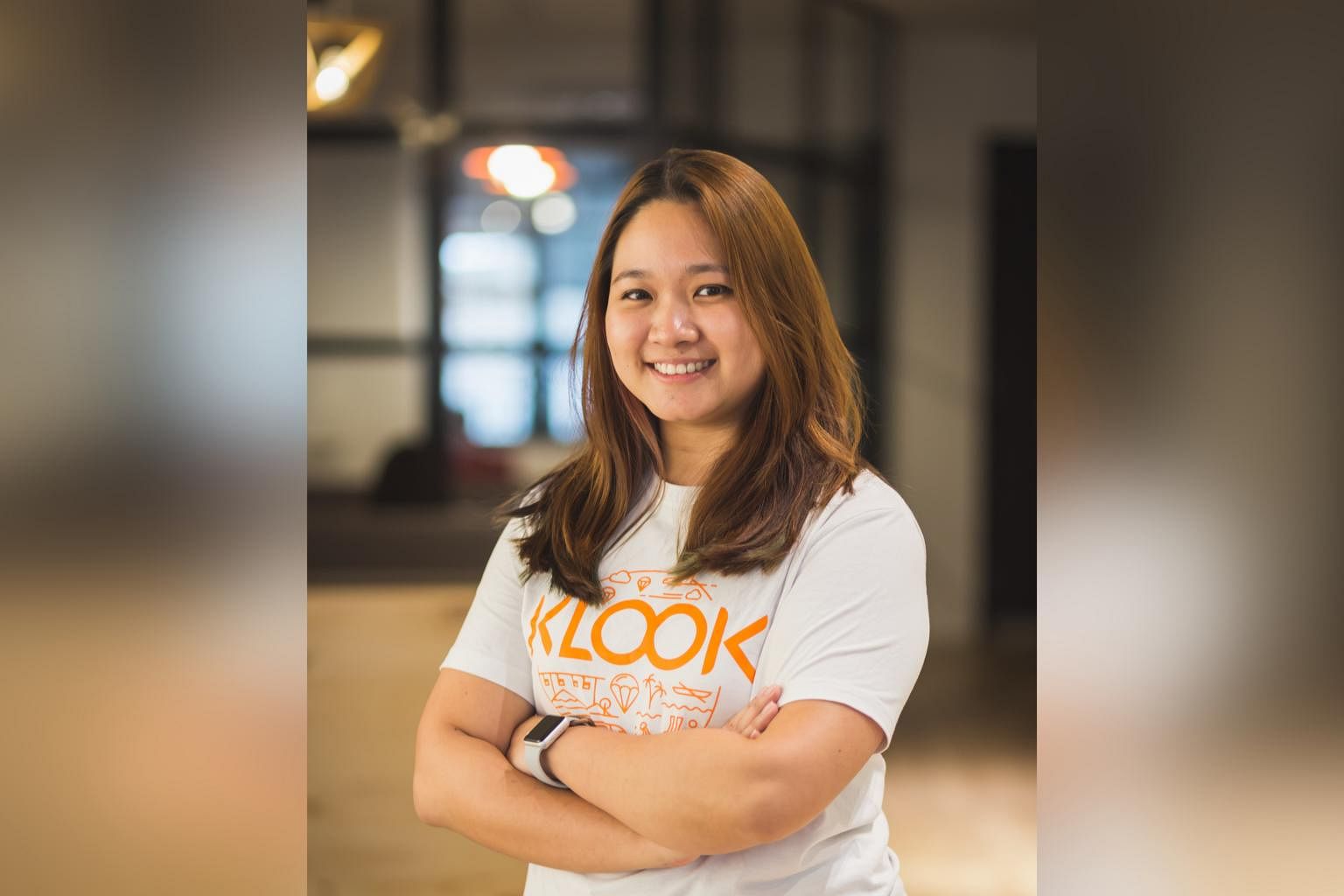SINGAPORE - Let's Go Tour founder Robin Loh had a busy 2019 - so busy that he hardly had time to indulge in his hobby of fishing. His plastic motorboat, which he had purchased for $16,000 five years ago, lay in storage at the SAF yacht club.
It seemed a worthwhile trade-off. The company was doing well, hosting more than 700 guests a month on tours and cooking classes. A cycling tour he developed, which delves into Singapore's history through fictional character Tan Ah Huat, won it the best tour experience at the Singapore Tourism Awards 2019.
This year, however, it all ground to a halt as Singapore closed its borders to international tourists in March. With no tours to lead, Mr Loh revisited his old hobby, going fishing about thrice a week until circuit breaker measures kicked in.
"Even my only pastime had been decimated," says Mr Loh, 48. But that short stint gave him a new business idea.
Last month, he and a business partner founded Under Da Boat Seafood Market, sourcing from their personal network of seafood suppliers and kelong owners. They sell a small menu that includes fresh prawns, mussels and clams online, priced between $8 and $25 per kg.
Through word-of-mouth marketing, the company has been doing about 70 deliveries a week, which exceeded its initial expectations.
Mr Loh is one of many travel players who have launched a sea change of new products in the past few months.
Others have tapped different markets or offered alternative services. Their goal is the same - to ride out the travel drought, which looks to last at least until the end of the year.
Industry watchers like Ms Shirley Tee, a senior manager at Nanyang Polytechnic's School of Business Management, warn that the coronavirus pandemic will likely result in a consolidation of travel players. Many, she says, will not survive the fallout.
But there is hope in the domestic market. "People have an innate desire to experience new things," adds Ms Tee. And if companies are nimble, they will be able to cash in on customers' demands.
Online travel agency Klook understood this when it launched Klook Home, a hybrid of online and offline home-based experiences that was rolled out in May, in response to global lockdowns.
It is available in 14 markets in the Asia-Pacific region and Europe and offers up to 200 activities in each country. These include DIY meal kits, food delivery, online classes and workshops.
With many Singaporeans missing bubble tea when stores were closed during the circuit breaker, Klook launched DIY bubble tea kits. With prices starting at $35 for a kit that makes 10 cups, it proved to be one of Klook's bestsellers here.

More recently, online durian sales have also been popular.
It was Klook's first foray into live-streaming, where they paired up with local company Durian Edition to educate viewers on the different varietals available. Three boxes of mao shan wang , weighing 420g each, went for $109.
Its South-east Asia marketing director Sarah Wan says: "As a global brand, we usually rely on economies of scale. If there is a particular attraction that will do well in multiple markets, that is what we will gun for.

"But with Covid-19, we decentralised a lot of execution plans so local teams could develop a strategy for their own market."
Their strategy has paid off, with about 2,000 Klook Home bookings in Singapore over the past two months.
Another start-up, Travelhorse, also shifted away from its original service of luggage storage. It now does mainly F&B deliveries.
Founded in January by then undergraduate Scott Koh, the company had roped in a network of shops and individuals living near the city centre to offer temporary luggage storage for travellers.
But when the coronavirus pandemic prevented Travelhorse from getting off the ground, Mr Koh and his co-founder bought a second-hand van and began doing F&B deliveries themselves.
They now serve 15 to 20 eateries and work with about 15 delivery drivers, including some who had lost work because of the pandemic.
"Back then, when we couldn't launch the original business, we were quite worried. But we could be agile and flexible as our project was new," says Mr Koh, 26.
He is now looking to build up the company's tech capabilities, such as by automating the booking process.
FIGHTING FOR SURVIVAL

Alternative revenue streams help defray overheads such as office rental and employees' salaries, but travel start-ups are still hurting. Although they decline to reveal actual figures, players say the revenue from new offerings is a mere fraction of what they earned in the same period last year.
Mr Loh says revenue from online seafood sales is "barely 10 per cent" of what his tour company used to earn.

Klook recently furloughed and laid off 10 to 20 per cent of staff. Its founders have not been paid a salary since February. And its marketing director Ms Wan notes that the amount earned from Klook Home is "not comparable" to what the company would have made in pre-Covid times. "The typical spend on international or domestic activities is higher than what customers are willing to spend while stuck at home," she says.
Yet, there are travel start-ups continuing to give back to the community even as they fight to stay afloat.
Blue Sky Escapes, which specialises in bespoke, experience-driven trips, organised a series of about 20 donation-based online experiences and workshops.
The experiences included a three-hour dance movement called Circuit Connekt, while the workshops covered topics such as conscious eating, the art of decluttering and how to thrive in a crisis.
Founder Krystal Tan, 32, says all the money raised from Circuit Connekt went to the Sayang Sayang Fund, which supports vulnerable communities affected by Covid-19, and migrant-worker focused non-profit organisations.

Meanwhile, money from the workshops was split three ways, between donations to migrant worker charities, paying the speakers and to cover expenses.
She estimates that the company has donated over $4,000 to charity in the last couple of months. "The workshops are in line with our philosophy of building a smaller, more inviting and enlightened world," she says.
LONG-TERM OPPORTUNITIES
Despite the current struggles, travel players are determined not to let the crisis cripple them, hoping to parlay their survival mechanisms into longer-term sources of income.

Mr Loh hopes his online seafood business will be self-sustaining by the end of the year. He plans to hire someone to run it so that he can return his focus to Let's Go Tour.
Meanwhile, Mr Koh of Travelhorse will continue to observe market conditions and travel restrictions before deciding on his next steps.
The newly-minted graduate in Global Studies from the National University of Singapore has given himself until the end of 2020 to decide if his foray can take off.
As for Klook, the pandemic has been an opportunity to expand more quickly into the leisure space, which the company has been eyeing.
Ms Wan says: "The leisure market has always been on the cards for us. Now that borders are closed, we've been able to focus on growing these products more rapidly."
This article has been edited for clarity.












